
Effects of Smoking: Understanding the Consequences of Tobacco Use
Dive into the eye-opening world of smoking and its profound effects on your health. Smoking has long been intertwined with social rituals and personal habits, but its consequences are anything but trivial. In this exploration, we uncover the detrimental impacts of smoking on your body and well-being, shedding light on the urgent need for a smoke-free lifestyle.
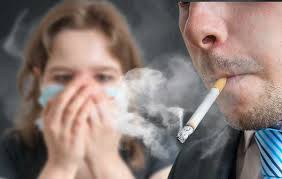
For decades, smoking has captivated people around the world with its allure and image. However, beneath the smoke lies a sobering truth about its detrimental effects on health. Let us delve into the captivating yet cautionary tale of smoking and raise awareness about the importance of a smoke-free lifestyle.
Inhaling the Smoke: Immediate Smoking Effects:
From the moment you light up a cigarette, the toxic components of tobacco smoke start to wreak havoc on your body. Here are some immediate effects to be aware of:
a) Nicotine Addiction: Nicotine, a highly addictive substance found in tobacco, quickly reaches the brain, releasing dopamine and creating a sense of pleasure and relaxation. This addiction makes quitting smoking a significant challenge for many individuals.
b) Reduced Lung Capacity: Smoking damages the delicate structures in your lungs, leading to shortness of breath and reduced lung capacity. The chemicals in tobacco smoke irritate and inflame the airways, making it harder to breathe.
c) Elevated Heart Rate and Blood Pressure: Smoking causes a temporary increase in heart rate and blood pressure due to the nicotine’s stimulant effects. This puts additional strain on the cardiovascular system and increases the risk of heart disease and stroke.
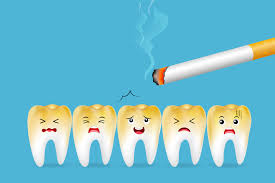
d) Yellowing Teeth and Bad Breath: The tar and chemicals in cigarette smoke stain teeth and contribute to persistent bad breath, diminishing oral health and overall appearance.
Beyond the Smoke: Long-Term Effects of Smoking:
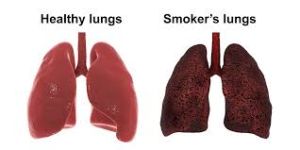
Smoking is not only a short-term indulgence but a long-term gamble with your health. Here are some of the severe consequences that can arise from persistent smoking:
a) Respiratory Diseases: Long-term smoking is a leading cause of chronic respiratory diseases such as chronic bronchitis and emphysema. These conditions permanently damage the lungs, leading to breathing difficulties and decreased quality of life.
b) Increased Cancer Risk: Smoking is the primary cause of various types of cancer, including lung, throat, mouth, esophageal, pancreatic, and bladder cancer. The toxic chemicals in tobacco smoke damage DNA and increase the risk of malignant cell growth.
c) Cardiovascular Complications: Smoking damages blood vessels, leading to the buildup of plaque and narrowing of arteries. This increases the risk of heart attacks, strokes, and peripheral vascular diseases.
d) Compromised Immune System: Smoking weakens the immune system, making you more susceptible to infections, respiratory illnesses, and delayed wound healing.
Embracing a Smoke-Free Lifestyle: Tips for Quitting:
It’s never too late to break free from the chains of smoking and embrace a healthier life. Here are some tips to help you quit smoking and support a smoke-free lifestyle:

a) Set a Quit Date: Choose a specific date to quit smoking and mark it on your calendar. Having a clear goal in mind will boost your motivation and commitment.
b) Seek Support: Share your decision to quit smoking with your loved ones and seek their support. Consider joining smoking cessation programs, support groups, or seeking guidance from healthcare professionals.
c) Nicotine Replacement Therapy (NRT): NRT products such as nicotine patches, gum, or inhalers can help manage nicotine withdrawal symptoms and cravings as you quit smoking. Consult with a healthcare professional to determine the best approach for you.
d) Healthy Coping Mechanisms: Find alternative ways to cope with stress, boredom, or emotional triggers that may have led you to smoke in the past. Engage in physical activity, practice relaxation techniques, or pursue hobbies to distract yourself and manage cravings.
e) Environmental Changes: Make your living space smoke-free by enforcing a strict no-smoking policy indoors and in your car. Remove smoking-related items, such as ashtrays, lighters, and cigarettes, from your surroundings to minimize temptation.
f) Find Healthy Distractions: Replace the habit of smoking with healthier activities. Engage in exercises, hobbies, or socialize with non-smoking friends to keep yourself occupied and away from smoking triggers.
g) Stay Positive and Persistent: Quitting smoking can be challenging, but maintaining a positive mindset and staying persistent is crucial. Remember your reasons for quitting, celebrate small victories, and don’t get discouraged by setbacks. Each day without smoking is a step closer to a healthier future.
h) Avoid Triggers: Identify and avoid situations or activities that tempt you to smoke. This may include social gatherings where others are smoking or certain routines that were associated with smoking in the past. Modify your routines and seek healthier alternatives.
i) Celebrate Milestones: Acknowledge and celebrate your milestones as you progress on your smoke-free journey. Whether it’s a week, a month, or a year without smoking, rewarding yourself for your accomplishments can reinforce your commitment and motivate you to keep going.

Smoking may offer temporary satisfaction, but its long-term consequences are far from appealing. By raising awareness about the harmful effects of smoking, we can encourage individuals to make informed choices and embrace a smoke-free lifestyle. From immediate impacts on lung capacity and oral health to the heightened risk of respiratory diseases, cancer, and cardiovascular complications, smoking presents a host of dangers. However, it is never too late to quit smoking and embark on a journey towards improved health and well-being. With determination, support, and the right strategies, anyone can break free from the grip of smoking and enjoy a smoke-free future filled with vitality and longevity.
Disclaimer: The information provided in this content is for general informational purposes only. It is not intended as medical or healthcare advice, diagnosis, or treatment. Always seek the advice of a qualified healthcare professional with any questions you may have regarding a medical condition or healthcare decisions.


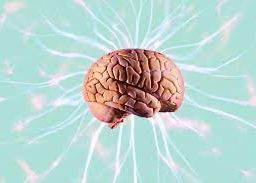






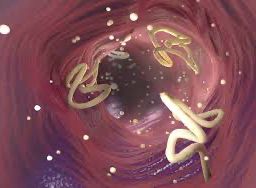




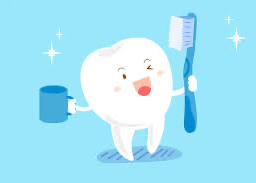


You are a very intelligent person!
Very interesting information!Perfect just what I was looking for!
Nice post. I was checking continuously this blog and I am impressed! Very helpful info specifically the last part 🙂 I care for such information a lot. I was seeking this certain information for a long time. Thank you and good luck.